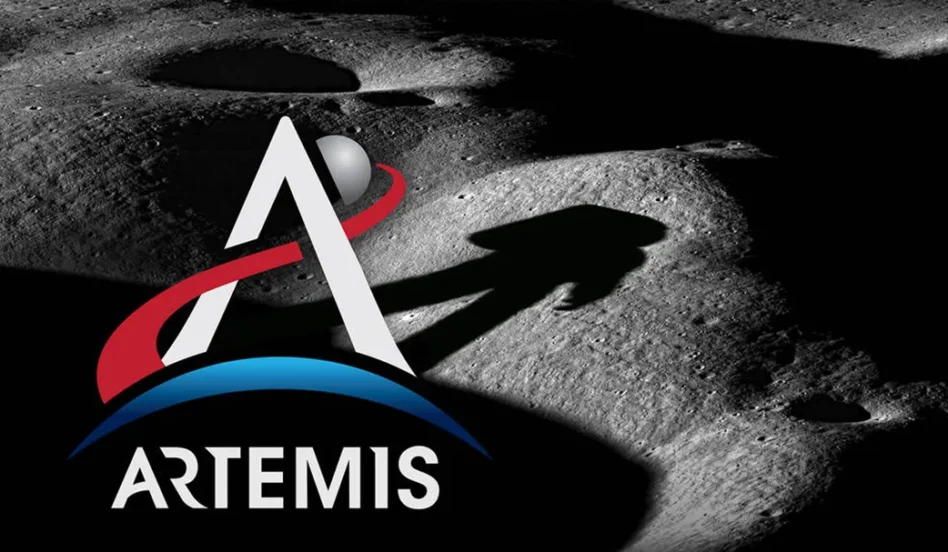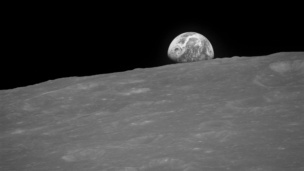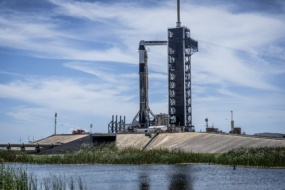One week after NASA announced new launch dates for two upcoming Artemis missions, officials were already saying that the agency may not be able to stick to the new schedule.
At a hearing on Wednesday, Rep. Frank Lucas (R-OK), the chair of the House Science, Space, and Technology Committee, asked a government auditor and NASA’s acting inspector general whether they thought the new plan to delay Artemis II and III was realistic.
The answer was no, especially for the Artemis III mission to put human boots on the lunar surface.
The timeline: NASA announced last week that the Artemis II mission to circle the Moon would launch in September 2025, nearly a year later than originally planned. The Artemis III lunar landing mission would then launch in September 2026. Catherine Koerner, NASA’s associate administrator for the exploration systems development mission directorate, defended the Artemis II timeline, saying it gave the agency plenty of time to address technical issues raised by Artemis I.
But, looking farther out, a single year between flights likely won’t give NASA enough time to investigate any questions raised by Artemis II and incorporate any lessons learned into Artemis III, William Russell, the GAO’s director of contracting and national security acquisitions, told lawmakers, adding that there will be nearly three years between Artemis I and II if the second mission does launch in 2025.
Others who were testifying put it more bluntly. “I don’t think the Artemis III landing mission is at all realistically scheduled,” said Michael Griffin, former NASA chief and co-president of LogiQ.
$$$: Officials also raised concerns about NASA’s lack of transparency about the cost of the Artemis program. Russell said that the space agency still hasn’t established an official cost estimate for Artemis III, despite the GAO recommending that the agency do so in 2019.
George Scott, NASA’s acting inspector general, added that the space agency has not shared cost and schedule commitments for Artemis, making it hard for lawmakers to hold them accountable when delays or cost overruns occur.
“Without the agency fully accounting for and accurately reporting the overall cost of current and future missions, it will be difficult for Congress to make informed decisions about NASA’s long-term funding needs,” Scott said. “Without credible, complete, and transparent cost and schedule estimates, NASA will be hard pressed to achieve meaningful cost savings, a key step to making Artemis truly sustainable over time.”




